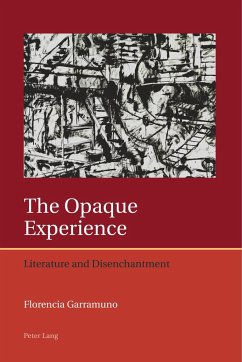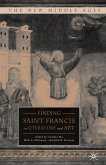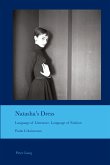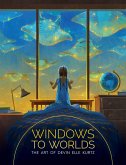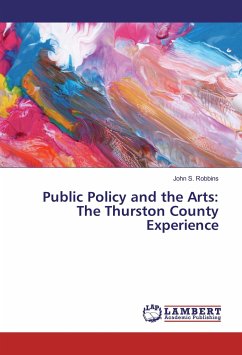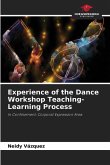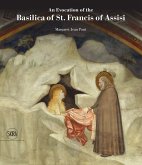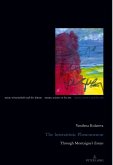The Opaque Experience is a thorough investigation of the changes in aesthetics that occurred in Argentina and Brazil during the 1970s and 1980s. It analyses a slow transformation of the status of the literary, which has become increasingly manifest in writing practices against the backdrop of a wider aesthetic transformation that strongly questioned traditional conventions. Through readings of works by Silviano Santiago, Juan José Saer, Clarice Lispector, Néstor Perlongher and Ana Cristina Cesar - among others - in relation to the works of artists such as Hélio Oiticica and Lygia Clark, the book seeks to understand the evolution of the notion of art. Its central argument is that artistic works of the period traverse an experiential drive that transcends artistic form. Special importance is given to historical context: when the frontiers between public and private are demolished by the authoritarian state; when «bare life» becomes the political category par excellence; and when art positions itself in an «expanded field». Exposed to the face of the world, these art forms combine different and destabilizing logics that reveal a vulnerability of the subject, and of experience, that is not in harmony with the notion of autonomous subjects or work. It is not just a matter of a transformation of sensibilities, but rather a transformation of the meaning of art in contemporary society.

